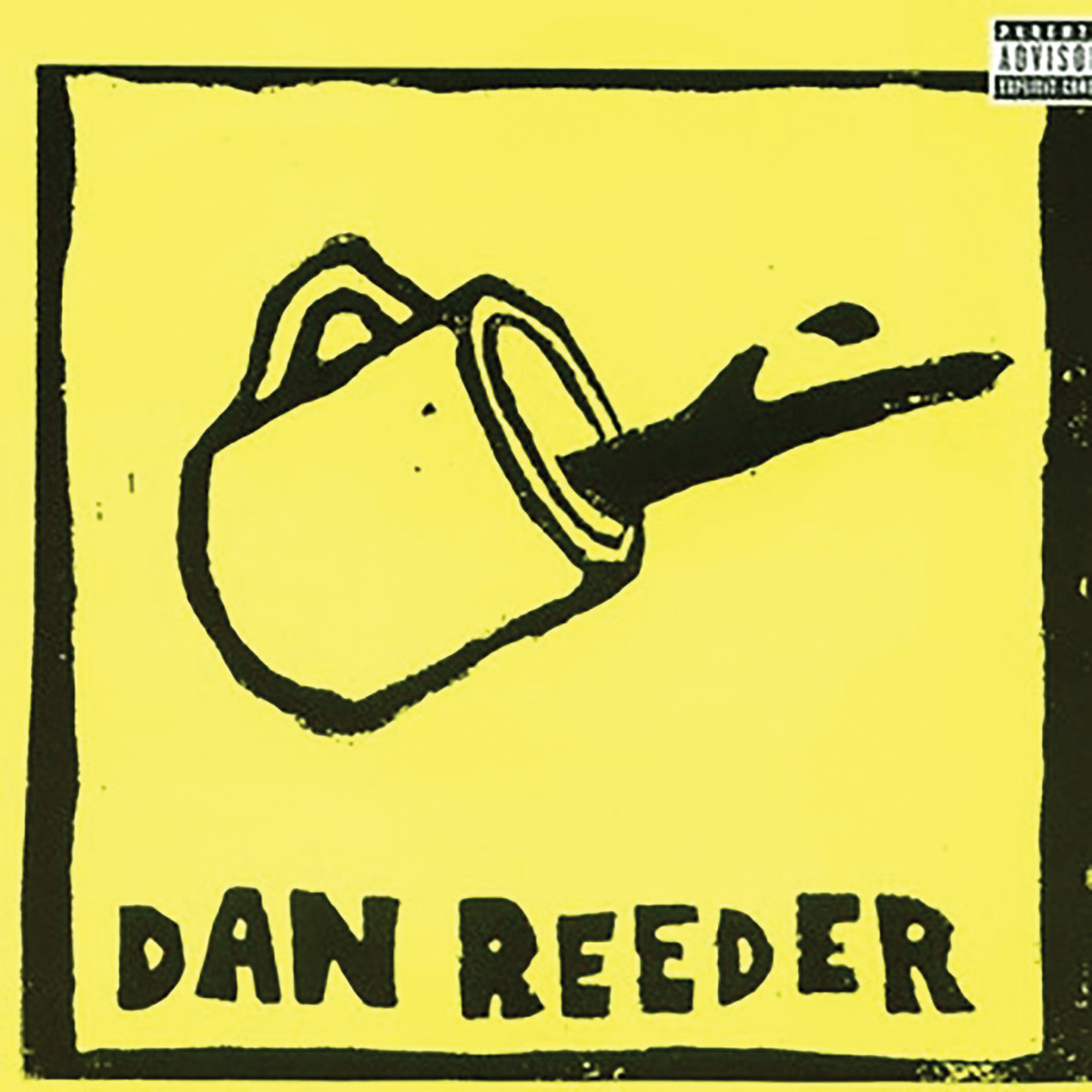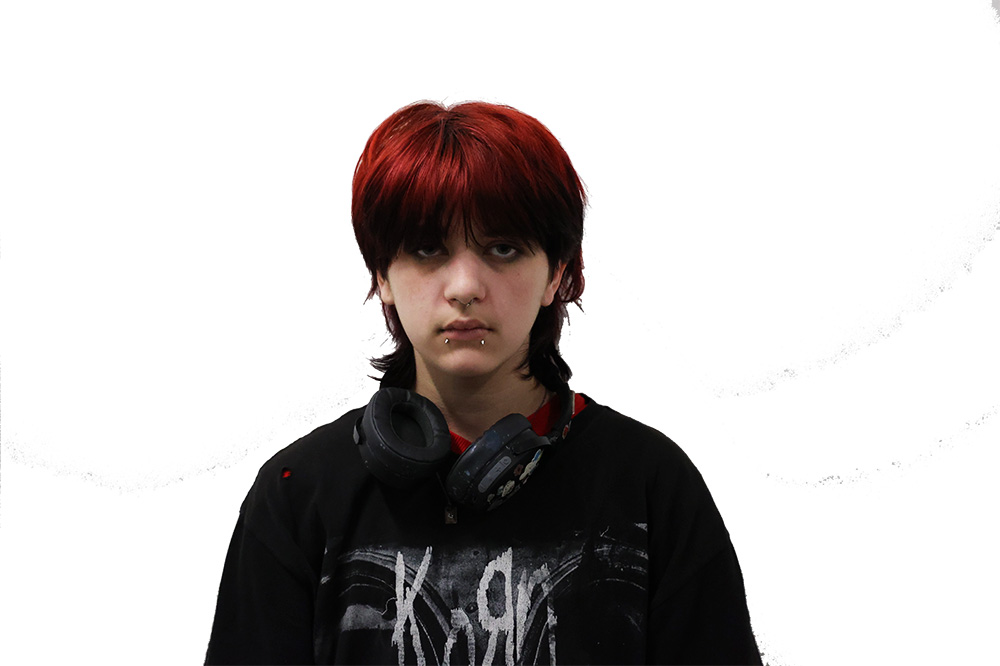When it comes to classics, you may think of something from your childhood that was popular–or words and names of things like classical music or literature. However, the Oxford dictionary defines the word classic as, “something judged over a period of time to be of the highest quality and outstanding of its kind.”
I personally would define “a classic” to be something that can be consumed repeatedly without developing an annoyance for or that can also be a reminder of a certain time period or cultural moment.
Therefore, let me introduce you to my classics in this repeating series, and dare I say even convince you, to take them as classics of your own.
Dark Is the Night (Тёмная ночь) by Mark Bernes
The first song I would tempt you to would be a much older song, originally composed and written by Nikita Bogoslovsky and Vladmir Agatov: “Dark is the Night,” or in its original Russian tongue, “Тёмная ночь.” (Tom-nya-No-che, Dark Night)
“Dark Is the Night” has a rather dark past, which makes it a perfect gateway to learning different perspectives in history, so for my fellow history lovers—this is for you.
Originally, it was only meant to be sung in a film known as Two Soldiers, during the time of World War Two. However, behind the film units’ backs it was recorded and then popularized as a remembrance of homesickness for loved ones in regards to soldiers on the front lines.
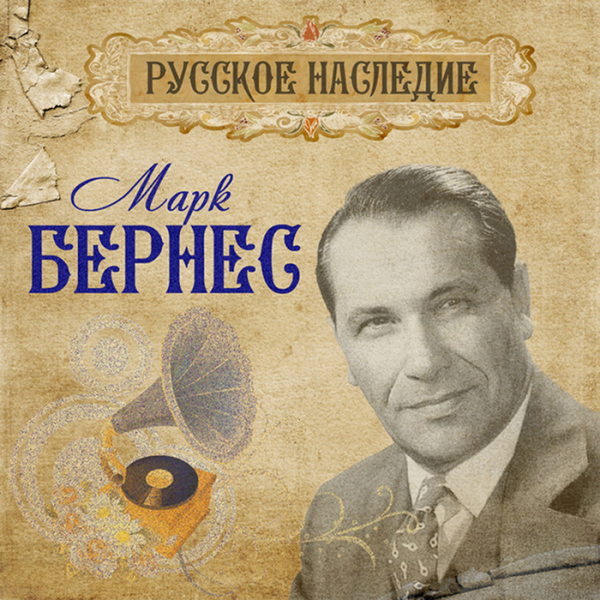
The lyrics written by poet Agatov, refer to a lover taking care of a baby in a cradle, while also mentioning that in that very moment the soldier singing it is experiencing war crimes. It is not like most military related songs which came from the Soviet Union’s side at the time, but is often described as a gentle and lyrical number. Now, the reason I tell you this history is so you first understand the significance and importance this song has to me, before I tempt you to it.
I always feel homesick when I hear this song. As a grandfather of mine would teach us kids about classical pieces and cultural moments. He tended to wake up and have us guess what significant moment happened today or even whose birthday it was, but rarely was it someone that I knew. Which is why now thanks to him I know a bunch of random things, and they’re not the typical “World War happened on this date,” but rather the fact that George Orwell had first had the idea of writing his famous book “Nineteen-Eighty-Four,” in 1943 due to his fear of totalitarianism taking over the United States.
Right now the song is very popular on TikTok and Instagram reels, in regards to classical literature or the feeling of “emptiness, loneliness, and a need of solitude or homely feels.” One example within my own favorites folder would be regarding author Fydor Dostoevsky and how his writing tells you to “isolate” yourself over being around others—which he is mentioned often with this song under similar conditions.
As for the temptation, this song is a gateway to rich history, so if you like to learn or dive deep into that, then it’s for you. If you like the Russian language or are trying to learn it, songs are always great ways to remember words, and as it is being re-popularized today, it was also popular during the time of war.
September by Earth, Wind, and Fire
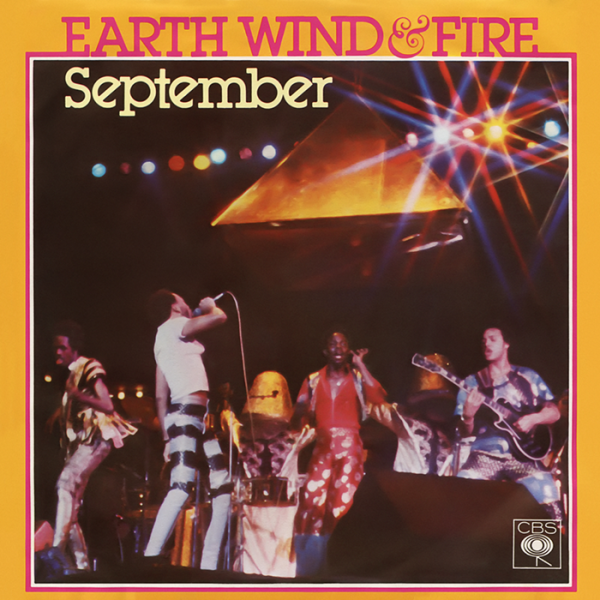
The second classic of mine I’d entice you to would be “September” by Earth, Wind and Fire. I could never hear this song and not feel the need to dance or think of my Nana. She was one of my guiding graces growing up, and probably, when it came to music, the most influential to my own tastes. We’ve danced to it, sang to it, sometimes it’s just on the radio or her playlist and next thing you know she’s either looking at me like I’m crazy while I groove on her couch or joining in.
This is more of her age bracket, but it has definitely stood the test of time, as every time Sept. 21 rolls around, I see a bunch of posts on social media circulating about how the song mentions this date. Usually it’s just someone in a groovy outfit dancing to the song. A personal favorite of mine on Instagram would be a reel by “Vibin.wit.tay,” where he’s dancing with his baby in some cute clothes and a disco ball. I sent that to so many people on that day.
Originally written and composed by Allee Willis, guitarist of the band Al McKay and vocalist Maurice White, it’s very popular and has been remixed, covered and re-used numerous times, and yet I never get tired of it.
It’s a very groovy and funky song, which is why it’s a perfect fit to tempt any dancers or late seventies soul music lovers.
April Come She Will by Simon & Garfunkel
The third and final classic of mine I’d coax you to would be “April Come She Will” by Simon & Garfunkel. This song is a little different to me, as it’s much more melancholy and quiet. You should listen if you want a good slow song like that, but one that’s also sentimental—the classic “this is going on my crying playlist” vibes.
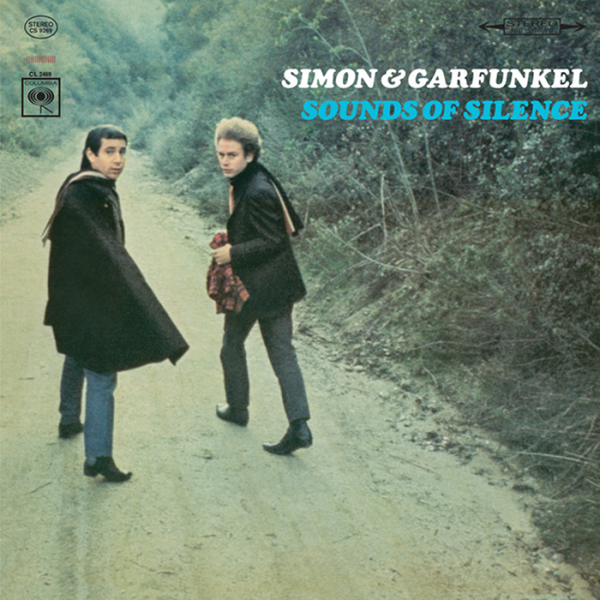
I found this song back in 2021 when I was dealing with a lot of toxicity in my life, and instead of reminding me of the bad things, it gives me a silent serenity. It conceives the same vibe that I would say Mitski, Laufey, and Lana Del Ray convey today for us younger people. I think everyone needs to listen to this at least twice to actually get that though. However, I would also pay a hefty price to be able to experience artists like that and this for the first time again—which is why it’s important to really enjoy it.
The lyrics use metaphors of seasons changing to reference the changing of girls’ moods, which I find very relatable as I am a girl, and my mood changes A LOT.
Therefore it seems right to love it so deeply and to tell you to go and listen to it. To feel it’s changing and its range. Deeply enough for you to understand it’s okay to change how you feel so quickly as I do.
I love my classics, and I have so many; therefore you should tune in to read the next classics I cover for the print edition on Oct. 31.





